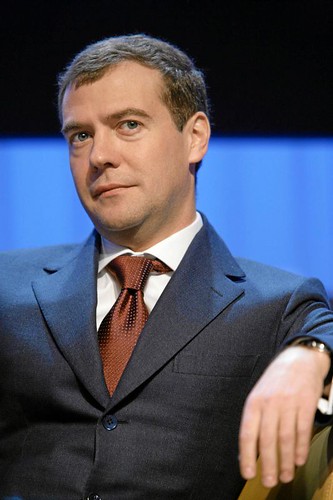The world’s longest political dynasties have not fared so well in recent times. Ten years ago, Mexico, Sweden, and Japan were ruled by parties who had retained power, almost uninterrupted, for decades. Now, each country’s former hegemonic parties have either lost power or are in the process of doing so.
Mexico’s Institutional Revolutionary Party, whose favorite past-time was ballot stuffing, lost their over 70 year-old authoritarian grip on power in 2000. PRI is now the third biggest party in Mexico.
The record of Sweden’s Social Democrats is more impressive, as they, unlike the PRI, garnered their legitimacy democratically. Before their 2006 electoral debacle, in which the party lost to a center-right coalition, the Social Democrats held the reins of power for 65 of the last 74 years.
Now, Japan’s Liberal Democratic Party, who has only been out of power for nine months in its fifty-two year history, is in trouble. Last weekend’s upper house elections saw the opposition Democratic Party of Japan crush LDP and win a majority.
Abe is now in a fight for his political life, with the DPJ and others calling for the Prime Minister to cow to the voters’ wishes and resign—as did Ryutaro Hashimoto in 1998 under similar circumstances.
The electoral thrashing is partially a result of the numerous gaffes of Prime Minister Shinzo Abe’s nascent administration over the past year. After Abe’s health minister described women as “breeding machines”, Fumio Kyuma, the first Japanese defense minister since WW2, resigned after stating that the U.S. was right to use nuclear weapons in Hiroshima and Nagasaki.
The administration’s missteps turned fatal when Toshikatsu Matsuoka, the agriculture minister, killed himself over corruption charges. Yet, the point of no return for voters was when the administration reportedly lost 50 million pension records, a blunder which could hit at people’s very livelihoods.
Policy-wise, Abe was also apparently out of touch with the voters. His efforts to “make Japan a beautiful country,” bringing it out of its shame over WW2, did not supersede voters’ concerns with the economy. Making more patriotic text books and transforming the role of the military are not bread and butter electoral issues, and can frighten voters. As Gerry Curtis of Columbia University asks, “Where else in the world do you find a prime minister who wants regime change in his own country?”
Abe’s more somber and dour personality also turned off voters who were used to the rock-star appearance of his predecessor, Junichiro Koizumi. The more the voters were introduced to Abe, the farther his approval rating dropped. When coming into office last September, his popularity was over 70%, almost a year later it hovers between 20-30%.
Despite recent calls for his head, Abe appears defiant. At the end of the day, his party still commands a majority in the more powerful lower house, which names the prime minister. If he can head off the criticism from his own party, the prime minister may be able to survive.
Does the poor electoral showing mean the end of the LDP dynasty? Perhaps. DPJ has made great political inroads, but it is very fractured, and won more on the account of LDP’s slip ups rather than its own record.
But to be sure, LDP will have to rethink its strategy and reform. This is good for democracy in Japan, as was the demise of the Social Democrats in Sweden and—especially—PRI in Mexico. Electoral competition can only stimulate the performance of LDP, which now knows that it cannot take for granted the allegiance of the voters. So if it is indeed the end of an era, it is likely to be replaced by a better one.
Subscribe to:
Post Comments (Atom)





No comments:
Post a Comment